Sustainability
The sustainability of COP30 is aligned with the Sustainable Development Goals (SDGs), reaffirming Brazil’s global commitment to eradicating poverty, protecting the planet, promoting social inclusion, and strengthening a green and resilient economy. The conference’s organization seeks to integrate public policies, innovation, and international cooperation to effectively and measurably implement the 2030 Agenda in mega-events.
Among its highlight initiatives, COP30 incorporates SDG 18 – Ethnic-Racial Equality, proposed by President Luiz Inácio Lula da Silva and voluntarily adopted by Brazil, which focuses on addressing the structural inequalities that affect Indigenous peoples and the Black population. This initiative reinforces Brazil's role as a global leader in defending human rights, valuing diversity, and building a fairer and more inclusive society.
COP30 aims to establish itself as a reference for sustainability, with an agenda that recognizes the interdependence between human development, environmental preservation, and ethical governance. Its legacy goes beyond the conference, promoting long-lasting transformations in management practices, host regions, and global climate policies, benefiting the planet and future generations.
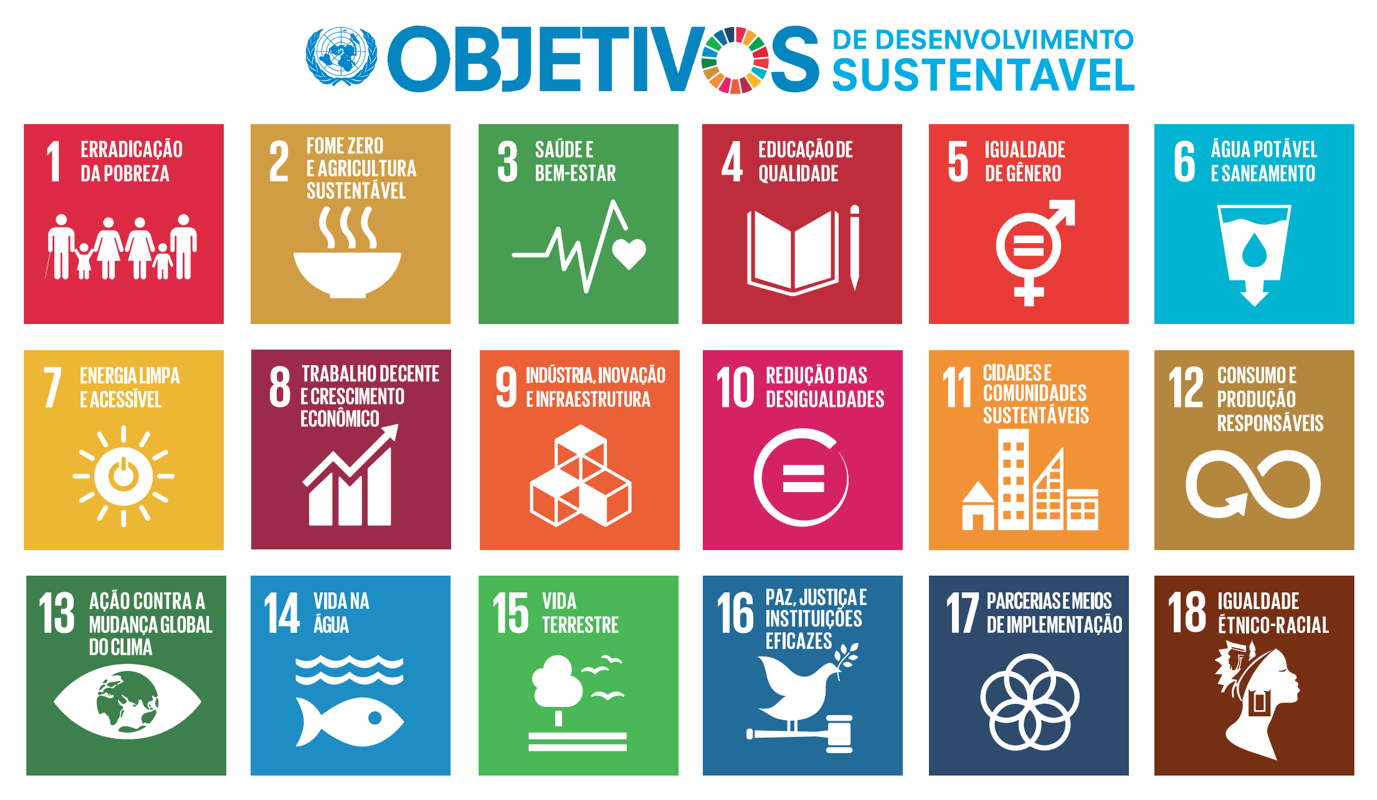
Learn more about the SDGs below:
- https://sdgs.un.org/goals
- https://www.youtube.com/watch?v=9hBKnGmrowE
1 – Sustainability Management System

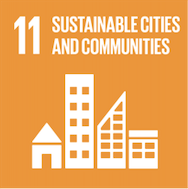
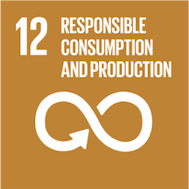
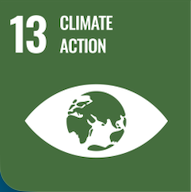
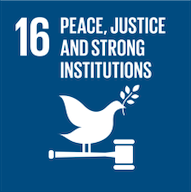
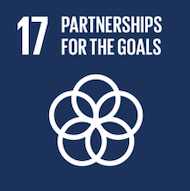
Efficient and transparent management contributes to innovation (SDG 9), integrated urban planning (SDG 11), responsible production and consumption (SDG 12), climate action (SDG 13), the promotion of effective and inclusive institutions (SDG 16), and the strengthening of global partnerships (SDG 17).
COP30 has prioritized alignment with the ISO 20.121 standard, the highest international standard for sustainable event management. This ensures the practices implemented comply with global sustainability principles. To achieve this goal, COP30 has introduced an organized system for planning, monitoring, and evaluating the event’s social, economic, and environmental impacts. Beyond promoting effective practices during the conference, COP30 is expected to positively influence the organization of future sustainable events worldwide.
2 – Water Resource Management

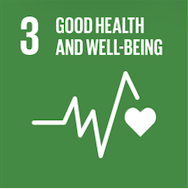

COP30 ensures access to clean water and proper treatment of all wastewater (SDG 6), prevents the pollution of aquatic ecosystems (SDG 14), and protects public health (SDG 3) through efficient and sustainable water resource management. The main actions implemented to enhance water efficiency include:
• Use of automatic shut-off taps and dual-flush toilets;
• These measures will save approximately 1.5 million liters of water during the conference;
• This volume equals the daily potable water consumption of the entire population of Ananindeua, the largest city in Belém’s metropolitan region;
• Additionally, all wastewater will be treated on-site, ensuring hygiene and preventing environmental contamination.
3 – Energy Management
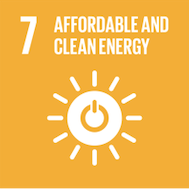
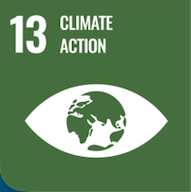
By managing energy consumption efficiently (SDG 7), COP30 will help reduce its greenhouse gas emissions (SDG 13). Key actions include:
• Implementation of high-efficiency air conditioning, lighting, and refrigeration systems, reducing energy consumption by approximately 6.5 million kWh—a 40% decrease in total consumption;
• The energy saved could power around 8,120 Brazilian households (average family of 4) for one month;
• Efficient generators will avoid the use of more than 2.2 million liters of diesel fuel.
4 – Waste Management
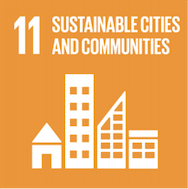
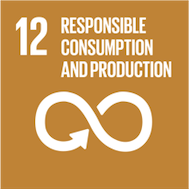
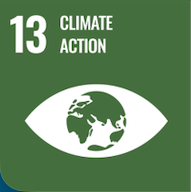
COP30 adopts a waste management model aligned with Brazil's National Solid Waste Policy, ensuring proper disposal of recyclables, compostables, and general waste. Key actions include:
• Diverting at least 125 tons of solid waste from landfills;
• Large-scale use of compostable materials made from natural fibers and bioplastics, which are converted into fertilizer;
• Implementation of a large-scale composting system in Belém, in partnership with the Belém City Council and the Instituto Pólis, leaving a legacy for organic waste processing throughout the city;
• Avoiding over 2 million single-use plastic items;
• Recycling efforts in collaboration with three waste picker cooperatives in Belém: Concaves, ACCSB, and ARAL, among others;
• These cooperatives are projected to generate over R$ 630,000 in revenue from recycling activities;
• The amount of recycled material during the event equals that of a city with 80,000 inhabitants in one day.
5 – Greenhouse Gases (GHG)
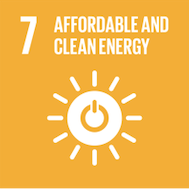
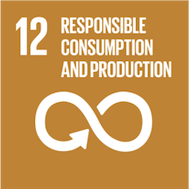

The conference's Greenhouse Gas Management Plan involves a pre-event inventory, emission reduction measures, a post-event inventory, and the offsetting of unavoidable emissions. Key measures include:
• Using more efficient technologies for electrical, hydraulic, and generator systems combined with circular economy practices, reducing emissions by approximately 7,000 tCO2e;
• All unavoidable emissions will be offset through certified emission reductions (carbon credits) from Brazilian projects under the second commitment period of the Kyoto Protocol;
• Participants will have the opportunity to calculate and offset their individual carbon footprints using the same standards applied by the organizers, in partnership with Caixa Econômica Federal;
• The event’s public transportation for delegates and participants will include electric and biofuel-powered buses.
6 – Accessibility
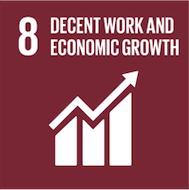


COP30 ensures that everyone enjoys a fully accessible experience, with comfort, autonomy, and safety. Measures include:
• Inclusive infrastructure, such as accessible transportation, rest areas, sensory rooms, inclusive signage, and easy access to all spaces;
• LIBRAS translations for plenary sessions and live translations on the CanalGOV YouTube channel, sensory kits, wheelchair loans, and help desks supporting accessibility;
• Fully accessible circulation areas;
• Specialized technical teams and trained volunteers available throughout the event to assist participants;
• Both physical and attitudinal accessibility are prioritized to guarantee full access to spaces, information, and activities for all attendees.
7 – Social Inclusion
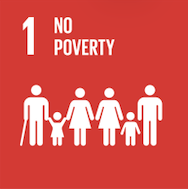
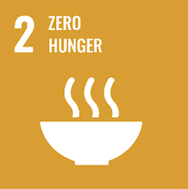
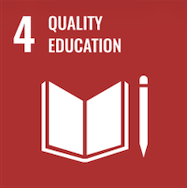
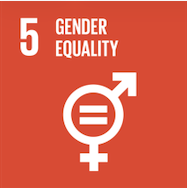
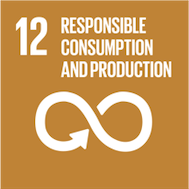
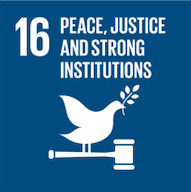
COP30 promotes the inclusion of vulnerable groups (SDG 1), food security (SDG 2), education for sustainable development (SDG 4), gender equality (SDG 5), and peace and justice (SDG 16), while embracing ethnic-racial diversity (SDG 18). Key measures include:
• Voluntary adoption of SDG 18 – Ethnic-Racial Equality, highlighting Brazil's leadership in promoting equality through mega-events;
• Inclusion of women, Indigenous peoples, quilombola communities, people with disabilities, youth, and LGBTQIA+ groups, ensuring respect and diversity during the event;
• A specific protocol for welcoming and assisting women in vulnerable situations;
• Regional and locally sourced food from family farms, in partnership with CONAB, MDA, and SESC Mesa Brasil;
• Surplus food donations in compliance with safety protocols through SESC Mesa Brasil;
• Inclusive menu options, including gluten-free, lactose-free, vegetarian, vegan, and low-carb meals;
• The Biodiversity Space, featuring around 80 exhibitors showcasing Brazilian biomes and sustainable products;
• The People’s Pavilion, where civil society organizations present their work and discuss solutions for climate challenges.
8 – Citizenship and Integrity
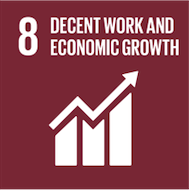
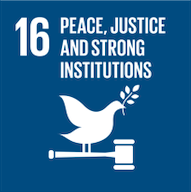
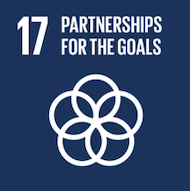
By prioritizing transparency (SDG 16), global partnerships (SDG 17), and decent work (SDG 8), COP30 fosters an ethical and fair legacy. Key practices include:
• A workforce hired predominantly from Belém and its metropolitan region, with women in most leadership roles;
• Monitoring proper working conditions for all workers;
• Training to address racism and harassment during the event;
• A trilingual reporting channel for complaints directly available on the official website: falabr-cop30.cgu.gov.br
• Anti-corruption clauses in all contracts and tenders;
• Over 1,000 people trained in event sustainability practices;
• Landscaping that enhances Amazonian biodiversity, with species adapted to local bioclimatic conditions;
• The COP30 Sustainability Report will be published in Portuguese, English, and Spanish, ensuring transparency of the management system implemented.
